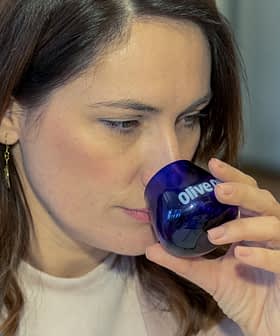The Moroccan government has proposed new rules which will define and regulate the quality of commercial olive oil.
The aim of the new rules is to improve the quality of olive oil produced in Morocco so that the country becomes a more important competitor in the international olive oil market.
The draft law was published on the government’s website.
The proposed rules suggest new criteria to be used to evaluate the quality and grade of olive oils. The notes attached to the draft bill say the existing criteria, dating back to 1997, are not sufficient for the accurate determination of olive oil quality for the world market.
See Also:Olive Oil Quality
The current procedures, which examine the level of acidity, peroxide value and ultraviolet absorption, nevertheless allow olive oils of inferior quality that meet the criteria to pass through the Moroccan market.
In order to improve the quality of olive oil produced in Morocco, the draft law aims to harmonize the designations (or grades) and definitions of olive oil with those of the International Olive Council.
It proposes determining the physico-chemical criteria to be used, the organoleptic characteristics which should be taken into account, and the maximum permitted levels of contaminants, in order to better evaluate quality and allow for an objective grading of olive oils. Also to be outlined are the conditions to be respected by inspectors when taking samples so as to preserve their quality.
The proposed bill will now go through the legislative procedure before it is adopted as law.








